We all know that the food we put into our bodies affects our health, but for some people, the effects felt by certain foods can be immediate — and unpleasant.
If you have ulcerative colitis, then you known what we mean.
Ulcerative colitis is a chronic and inflammatory disease of the bowel, which is characterized by ulcers and sores on the digestive tract.
It can be severely painful, and for many, it is a form of "invisible disability" that prevents them from living comfortably.
Most people with colitis manage it through medication, but a proper diet is also a major part of keeping your body healthy and comfortable.
Similar to irritable bowel syndrome, ulcerative colitis is a chronic issue, and so maintaining a particular lifestyle is crucial to managing it.
Certain foods will inflame the digestive system more than others, and knowing which will soothe and which will irritate can mean the difference between a good day and a bad one.
Read on to learn more about ulcerative colitis, and what foods to avoid to keep all your insides healthy and happy.
Cover photo via Flickr/ Kenneth Lu
What Is Ulcerative Colitis?
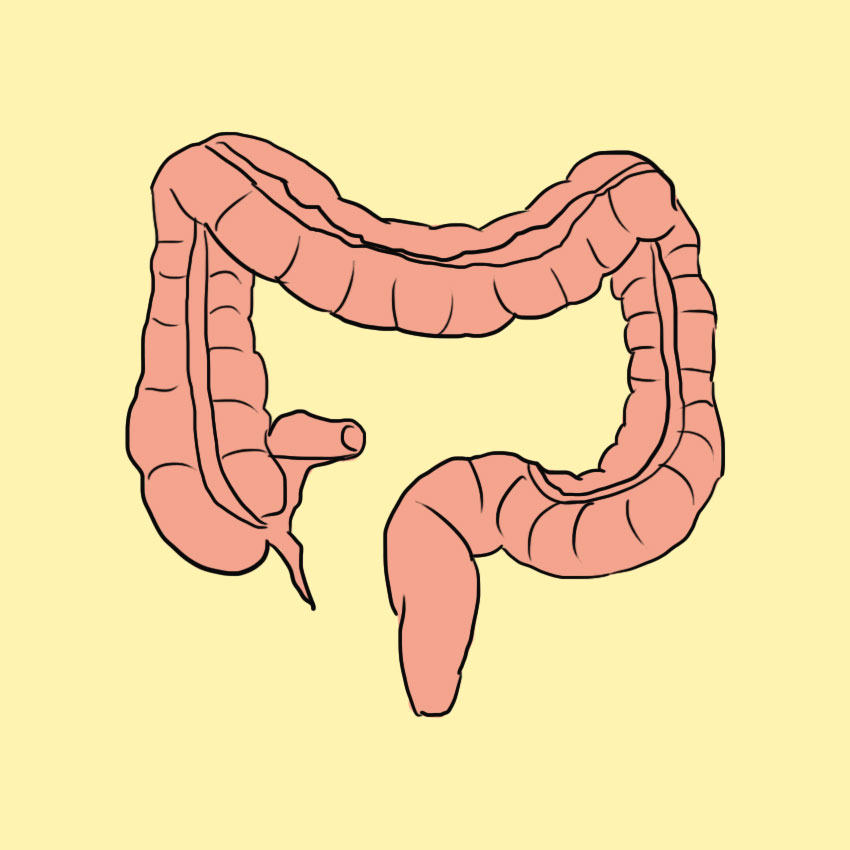
Colitis, plainly put, is the inflammation of the colon.
Ulcerative colitis is a chronic and often acute disease characterized by sores, inflammations, and ulcers forming on the walls of the digestive tract.
Typically, it begins gradually and worsens with time. Many people, however, experience remission periods which can last for years.
There is no cure for ulcerative colitis, but there are many remedies that can help soothe irritation and manage symptoms.
What Are The Symptoms Of Ulcerative Colitis? Symptom #1: Recurring Abdominal Pain

If you get frequent, acute abdominal pains, it could be an early symptom of this ailment.
Of course, abdominal pain can be caused by all kinds of things, but the pain from ulcerative colitis is frequent, as is cramping in the area.
Symptom #2: Frequent Trips To The Bathroom
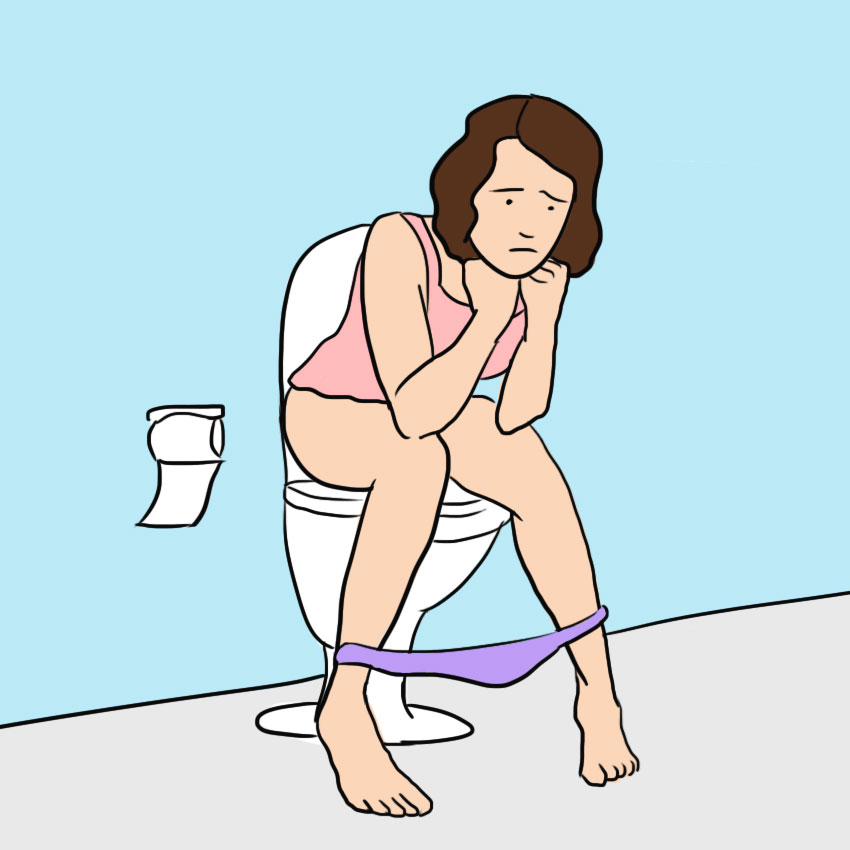
The frequent need to poo is also a symptom of ulcerative colitis, but in a cruel twist of fate, despite feeling like you have to go, you may not be able to once you get to the bathroom.
So, the symptom is the feeling of urgently needing to go, but not actually being able to do so.
Colitis also causes diarrhea, often with blood or pus in it, and it can be painful to pass.
Symptom #3: Weight And Appetite Loss

Rapid, unexplained weight loss is also a symptom of colitis, and no, that's not a good thing!
It's happening because your digestive system, in a state of distress, is not properly digesting food, meaning you're not getting the nutrients you need to stay healthy.
Symptom #4: Irritated Skin And Eyes

Unchecked, ulcerative colitis can lead to other issues throughout the body, including inflammation of the skin and eyes, sores in the mouth, liver damage, and dehydration.
Ulcerative colitis can also increase risks of colon cancer, blood clots, and bone loss.
So with all these unpleasant symptoms, it's best to keep your body as healthy as possible!
Foods That Aggravate Ulcerative Colitis Aggravating Food #1: Caffeine, Alcohol, And Carbonated Drinks

Caffeine and alcohol should be consumed in moderation even if you're in perfect health, but these, along with carbonated beverages, should be avoided even more strictly if you have colitis.
They can irritate the linings of your digestive system and exacerbate already inflamed areas even more.
Aggravating Food #2: Raw Fruits And Vegetables
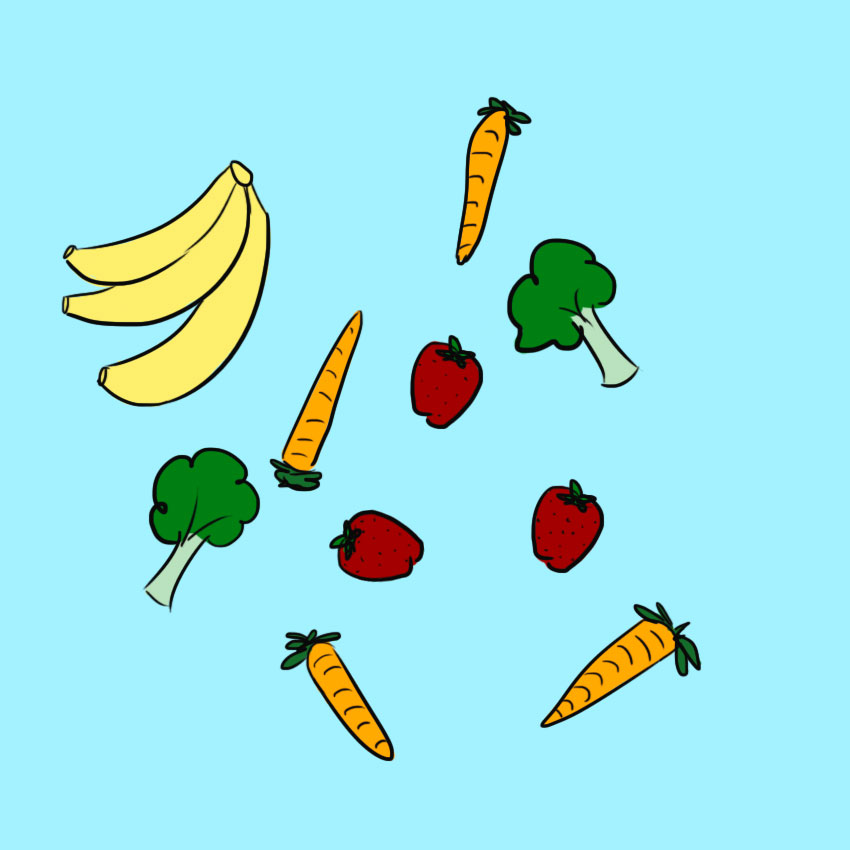
While raw fruits and veggies are normally great, their fibrous nature can irritate the digestive system in cases of colitis.
Instead of opting for raw, try steaming, baking, or stewing them as a healthy, cooked alternative.
Aggravating Food #3: Sulfurous Foods
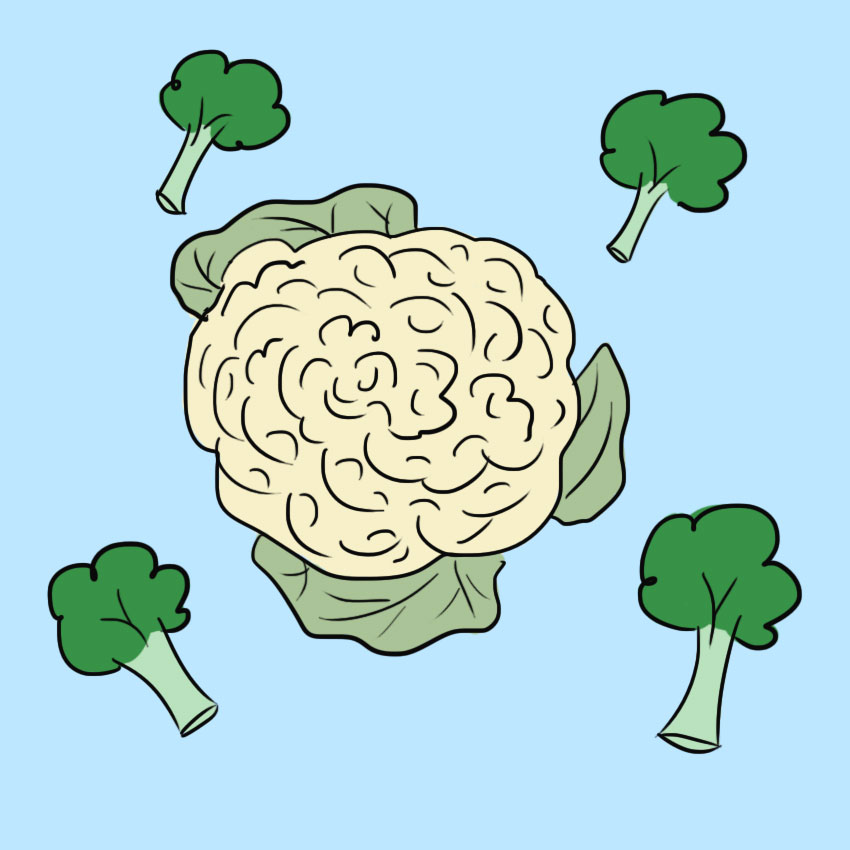
Broccoli and cauliflower are high in sulfur, with also irritates the bowels and can cause discomfort.
This also goes for foods that contain sulfate, so make sure to read ingredients!
Aggravating Food #4: Spicy Foods

Capsaicin is an irritant, and so it makes sense that this compound will irritate you all the way through.
Highly spicy foods can cause inner turmoil in your digestive system, so it's best to stick with milder foods, especially during symptom flare-ups.
Aggravating Food #5: Refined Sugars And Sorbitol

These sweeteners aren't particularly good for you anyway, but if you're having digestive issues, it's best to ditch them altogether.
This also includes sorbitol, an artificial sweetener found in sugar-free gums and candies.
Foods That Soothe Ulcerative Colitis Soothing Food #1: Yogurt
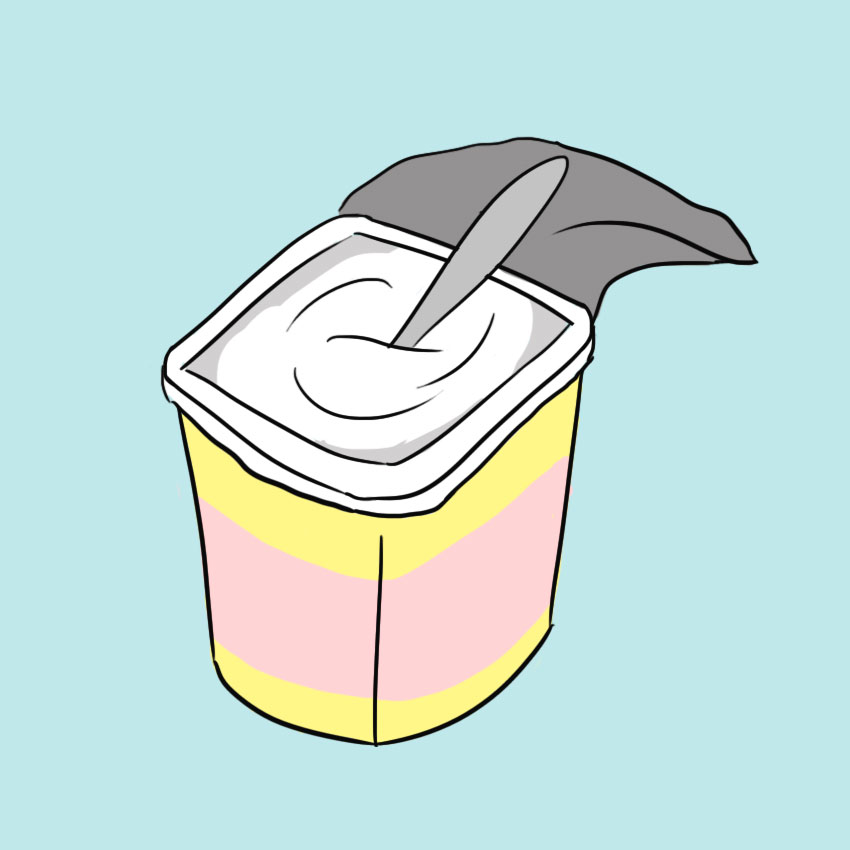
Probiotics are great for replenishing the friendly bacteria that lives in your gut and helps you with digestion.
You can find a lot of these in yogurt, but be aware that dairy is often linked to colitis flare-ups and irritation. If that's the case, try probiotics in the form of miso, kombucha, or sauerkraut.
Soothing Food #2: Omega-3 Fatty Acids

Studies have shown that with an increase in omega-3s, colitis sufferers experienced lessened abdominal pain and less diarrhea.
Incorporating foods rich in these fatty acids, like salmon, is a great way to keep your digestive system healthy. If you're not a seafood person, you can also take a supplement.
Soothing Food #3: Folate-Rich Foods
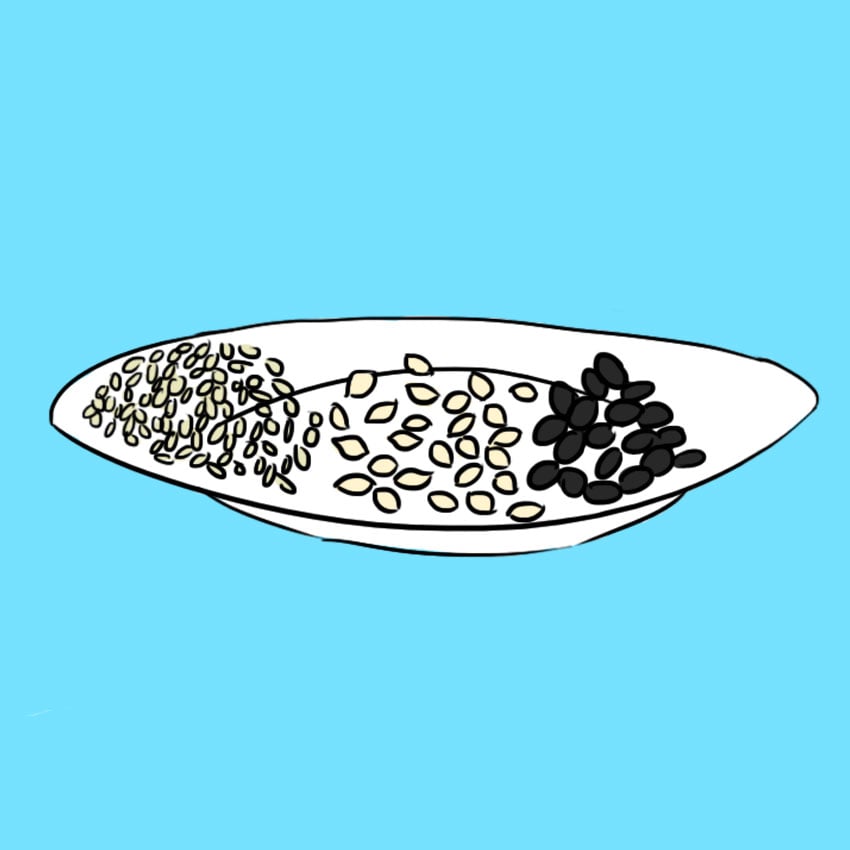
Lentils, chickpeas, and black beans are all rich in folate, which helps the body make new cells, as well as supporting iron levels and good digestion.
Add some beans to your diet, or try asparagus, avocado, or beets. If you're feeling tender, steam the vegetables to make them easier to digest.
Soothing Food #4: Iron-Rich Foods

Ulcerative colitis, due to the poor digestion and blood loss it causes, is often a main cause of anemia, or iron-poor blood and diminished red blood cell levels.
Boost your iron with steamed leafy green vegetables like spinach, kale, or Swiss chard, or treat yourself to a steak.
Soothing Food #5: Turmeric
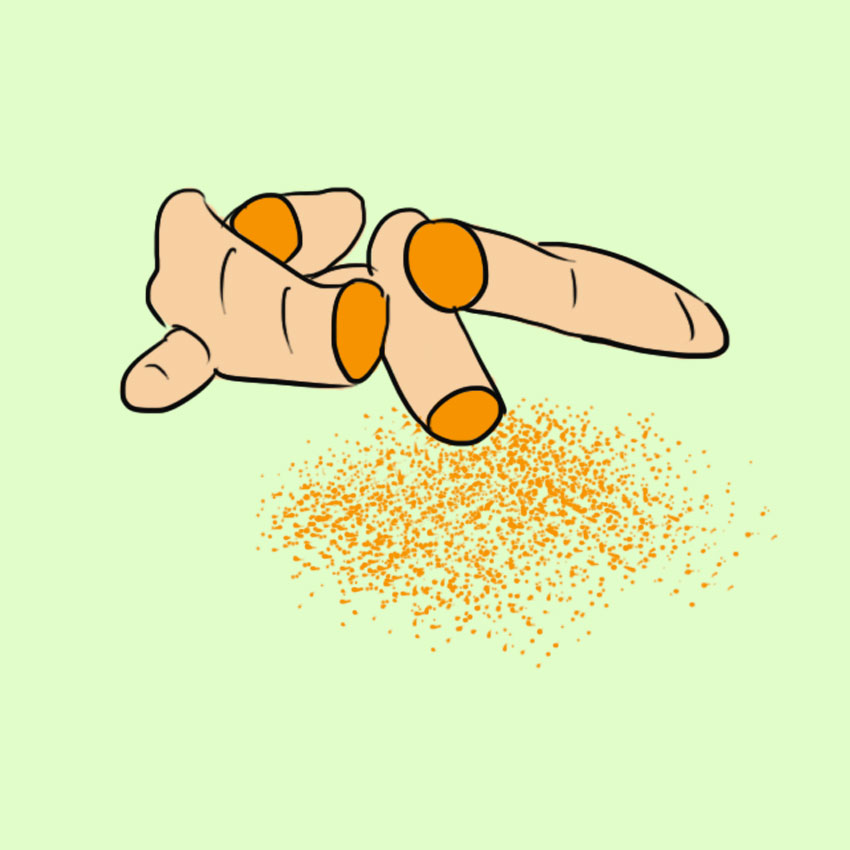
There really seems to be nothing turmeric can't do. Its active ingredient, curcumin, is a great anti-inflammatory and soothes any inflammation along the digestive tract.
Studies have shown it helps heal the gut and its bacteria population, and doesn't have the same organ-damaging side effects found in some medications.
SHARE these tips with anyone you know suffering from this illness, and make their day a little more comfortable!




